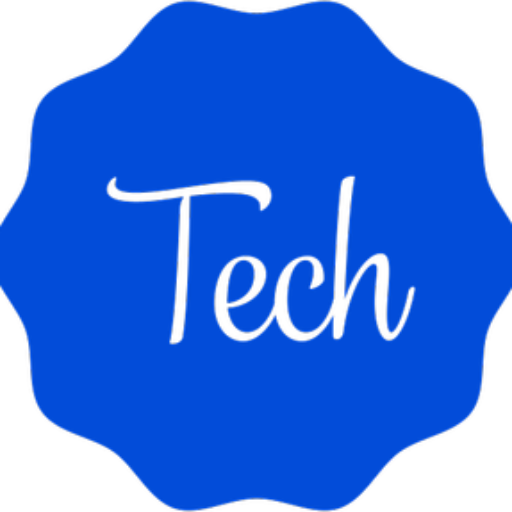Introduction:
The Quantum Computer: A Leap Beyond Classical Computing the decades since its invention, the notion of a ‘computer’ has changed profoundly. Human progress has always been driven by computing technology, from bulky mechanical machines to portable silicon-based devices. The quantum computer is the next technological revolution as we stand on the cusp of another technological evolution. There is no comparison to classical computers regarding its processing capabilities.
Understanding Quantum Mechanics:
The Quantum Computer: A Leap Beyond Classical Quantum mechanics must be understood before diving into quantum computers. Physics’ fundamental theory describes nature on the most minor scales. According to quantum mechanics, subatomic particles are said to exist in a superposition of all possible states. Each of these states is possible when these particles are observed.
The quantum bit (Qubit):
The Quantum Computer: A Leap BeyondClassical A bit is the primary data unit in classical computers, which can be 0 or 1. A quantum computer, on the other hand, uses qubits. The state of a qubit can be either 0 or 1 or both 0 and 1 simultaneously (superposition). Due to this unique property, Quantum computers can process vast amounts of information simultaneously.
Entanglement: A Quantum Phenomenon:
The Quantum Computer: A Leap Beyond The : A Leap Beyond Classical The concept of entanglement is also crucial. Even if qubits are light-years apart, their states are dependent on each other when they become entangled. As a result of this phenomenon, qubits spread throughout a quantum computer can work in harmony, thereby enhancing their computational power.
Quantum computing vs. Classical computing:
The Quantum Computer: A Leap Beyond The speed of computers differs from that of classical computers. The following problems are deemed unsolvable by classical computers by quantum computers:
- Factoring Large Numbers: Quantum algorithms like Shor’s could break modern encryption techniques by efficiently factoring large numbers.
- Quantum Simulations: They can simulate quantum systems, which is nearly impossible for classical computers. This has vast implications for drug discovery and materials science.
- Optimization Problems: They can find the optimal solution to complex problems faster, such as traffic routing or financial modelling.
Challenges in quantum computing:
Building a quantum computer is challenging.
- Decoherence: Quantum information can be delicate and easily disturbed by its surroundings, leading to errors.
- Error Correction: Unlike classical computers, where error correction is well-understood, creating reliable error-correcting codes for quantum systems is challenging.
- Scalability: Building a quantum system with enough qubits for practical applications requires advanced technology and engineering.
The Future of Quantum Computing:
The Quantum Computer: A Leap Beyond The : A Beyond Numerous startups and tech giants, including Google, IBM, and Microsoft, are investing heavily in research. Medicine, finance, and energy could all be impacted profoundly by it.
The Quantum Computer: A Leap Beyond The development of could lead to breakthroughs in artificial intelligence. Machine learning processes can be accelerated, and new AI advancements can be made by using quantum algorithms, since they are more efficient in processing vast datasets.
Conclusion
The Quantum Computer: A Leap Beyond Classical Computing Beyond Ingenuity and a relentless pursuit of knowledge are the hallmarks of the . We are still in the early stages of this technology, but its potential is enormous. The challenges associated with quantum computing are the same as those of all revolutionary technologies. Even so, as history shows, human tenacity tends to overcome such hurdles, and we may soon find ourselves in a quantum era, reshaping technological progress as we know it.





